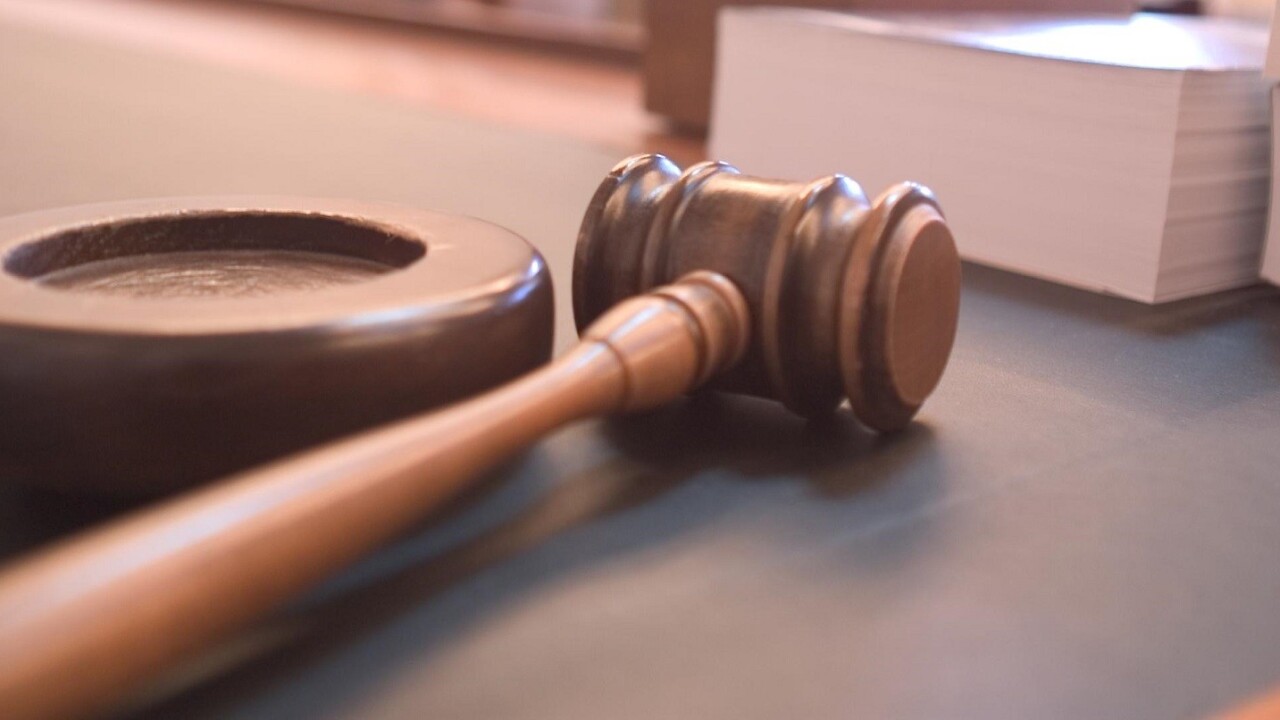Canadian Supreme Court today ruled against Google in an intellectual property case, despite the fact that the company wasn’t a defendant in the initial case. The highest courts in Canada decided that the sovereignty of an ‘interlocutory injunction’ (a cease-and-desist order) on the behalf of a Canadian communications hardware company was worth bringing about a global-wide gag order for the US based Google search-engine.
The ruling was meant to stop an allegedly fake company named Datalink Technologies Gateways from counterfeiting and profiting off of several network devices and technologies owned by Equustek. According to court documents, the fake company used various websites to sell Equustek’s equipment.
Canadian authorities haven’t been able to track down Datalink Technologies Gateways, and thus ordered Google to remove all references to the company, which Google promptly did – but only from the .CA (Canadian) version of its search-engine.
This has nothing to do with justice
Today, the Supreme Court of Canada ruled that Google would have to honor the injunction globally and remove access to Datalink Technologies Gateways sites from all versions of its search-engine.
Effectively, the Supreme Court of Canada told Google it cannot include a company in its search results because the company might be stealing. While it may be obvious that Equustek equipment is being counterfeited and resold, the Canadian courts haven’t been able to find an actual person to charge.
Datalink Technologies Gateways doesn’t appear to exist.
The Canadian Supreme Court must be forgetting that the presumption of innocence is, according to the United Nations, an inalienable human right. Datalink Technologies Gateways might be a company, but the courts are using Google to enforce an injunction and that sets a precedent.
Canada’s courts are declaring that, until the case is settled, Google will be singled out as the watchdog to enforce the injunction. That could be a problem for people or companies who suffer the same kind of removal and are then exonerated.
Why isn’t any other search-engine, like Ask.com, mentioned in the court document? They have results for the Datalink Technologies Gateways sites. That could lead to me finding them, and accidentally buying stolen technology. There are, of course, some differences between Google and Ask, but are they really so great that the entire proceedings had to focus on just the most popular search-engine?
It’s a pandora’s box
It all seems a bit like a railroad to a precedent, getting the Canadian Supreme Court’s foot in the door of global-wide jurisdiction over the internet. Its not Google’s job to police the internet for people and companies that don’t answer subpoenas.
That’s the judicial system’s job. It isn’t the responsibility of a search-engine to ensure that Canadian law is implemented across that globe, nor is the company that owns the Google, Alphabet, a Canadian company.
There are plenty of legal ramifications to look over now, and it’ll take some time — Google isn’t immediately responding to our inquiries — but the bigger picture is already clear: Canada’s courts don’t understand how the internet works.
The injunction will effectively solve some Equustek’s problems — and they deserve relief, what is happening to Equustek is flat-out wrong — but it isn’t selfish to say that the world’s problems are bigger than one communications company’s.
The Supreme Court of Canada is telling google to enforce the law instead of asking law enforcement to, ahem, enforce the law by finding the criminals responsible.
Canada law isn’t Earth law
The problem we all have now is one company’s legal problem just prompted a nation to declare the entire internet subject to the Canadian view of justice.
What happens when Ethiopia decides that its view of the internet is the legally correct one? What if the United States gets to decide how the internet works, legally? In the former government officials shut the internet down nation-wide for high school exams, in the latter the FCC is trying to toss out net neutrality.
It may seem bleak to declare one site’s removal from a search-engine the catalyst for global suppression and injustice – there’s no red alerts or panic alarms going off here – but it feels like a defeat for everyone. We should all be on the same side as the victim, in this case Equustek, but it’s difficult to do so when it feels like so much more is at stake than company holdings.
These Justices are sitting in a courtroom in Canada and choosing what I can see on my screen in the United States and I’m not sure there’s any way for me to be okay with that.
Get the TNW newsletter
Get the most important tech news in your inbox each week.






